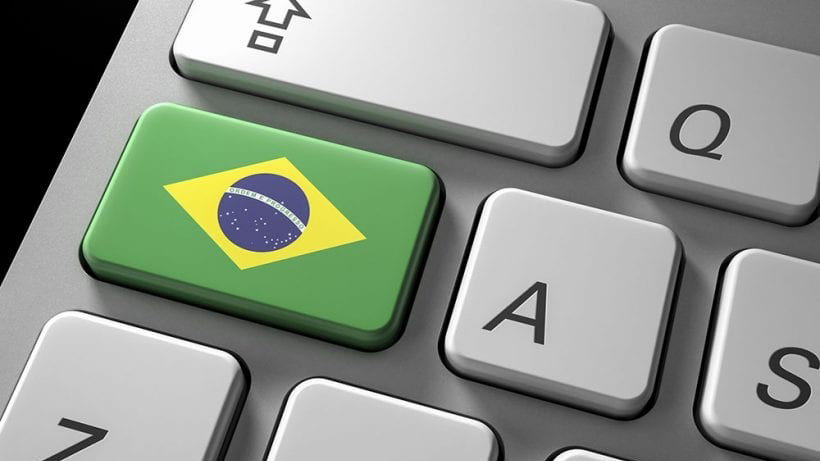China’s online poker ban expected to hurt industry in Asia and beyond

According to Macau-based Inside Asian Gaming, as of June 1 online poker and the promotion of the game via all social media channels will be banned: a decision expected to hurt the industry throughout Asia and beyond, says Hong Kong Poker Players Association managing director Stephen Lai.
Poker has experienced a rapid rise in China despite the fact people are unable to play for money and Lai said the decision to ban it altogether would have a negative impact on places such as Macau, Manila and South Korea’s Jeju island.
“It was growing very fast, now it is going to be more difficult for operators in Asia to organize poker events because Chinese players make up over half of the field,” he said. “If you can’t promote those events on social media, Chinese players won’t know they are on so they won’t go. It is also a blow for the Asian poker community because Chinese social media can no longer cover poker.”
Chinese poker queen Celina Lin overcomes cultural barriers to drive game to new levels of ‘glamour and prestige’
Playing online is one of the main ways players qualify to compete in live tournaments, with people in China paying for coins to play with, despite knowing all they stand to get in return is the “honour of winning”.
“It is a shame that the government won’t allow people talking about the game,” Lai said. “We have been very happy that China have been allowing social gaming, not for money, so that people from China have a chance to practise and travel around Asia and beyond to play poker, where it is legal to do so.
“Now, with the alleged policy change, there will be no ‘play money’ poker in China, and you can’t talk about poker on social media. Chinese players won’t have a chance to practise, and they won’t get to know about legal poker events around Asia. Poker has gone back to square one in China.”
‘Horse racing and mahjong are for old people’ as Hong Kong’s youth gravitates towards poker
The news comes just weeks after it was announced that China will allow horse racing and new types of sports lotteries on its southern island of Hainan.
While the move is yet to be officially announced by Beijing, e-commerce giant Tencent is among the companies set to be affected, with Lai saying it has already removed its poker app from the app store.

















































